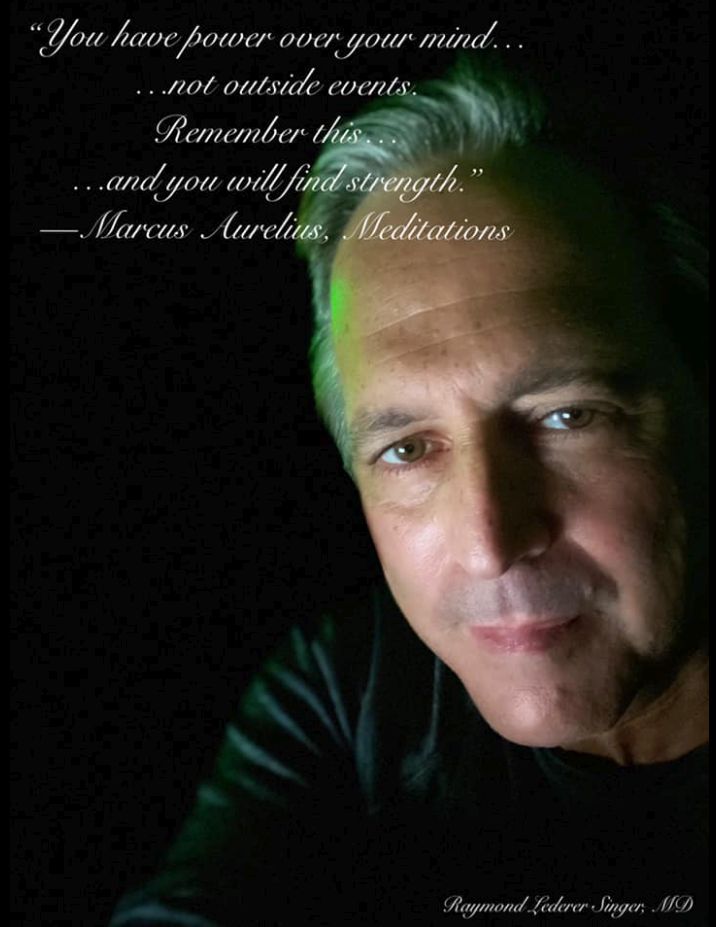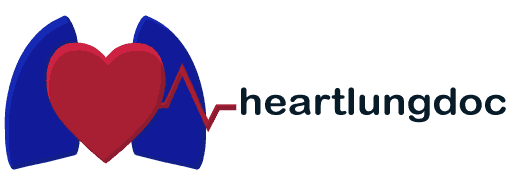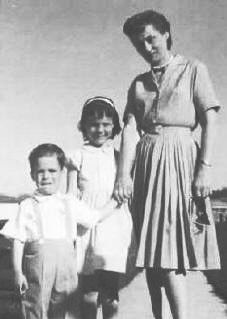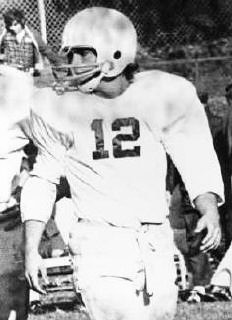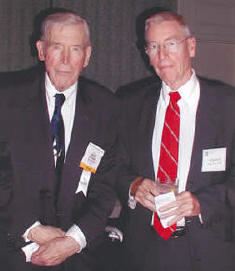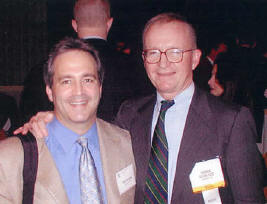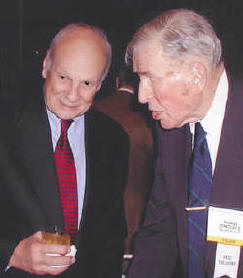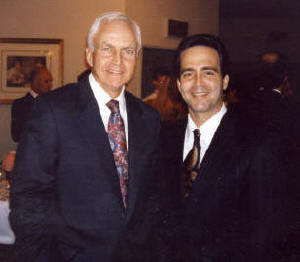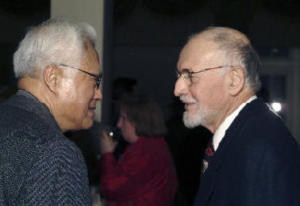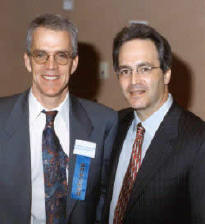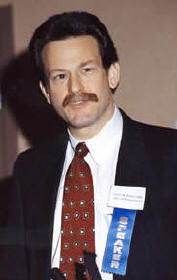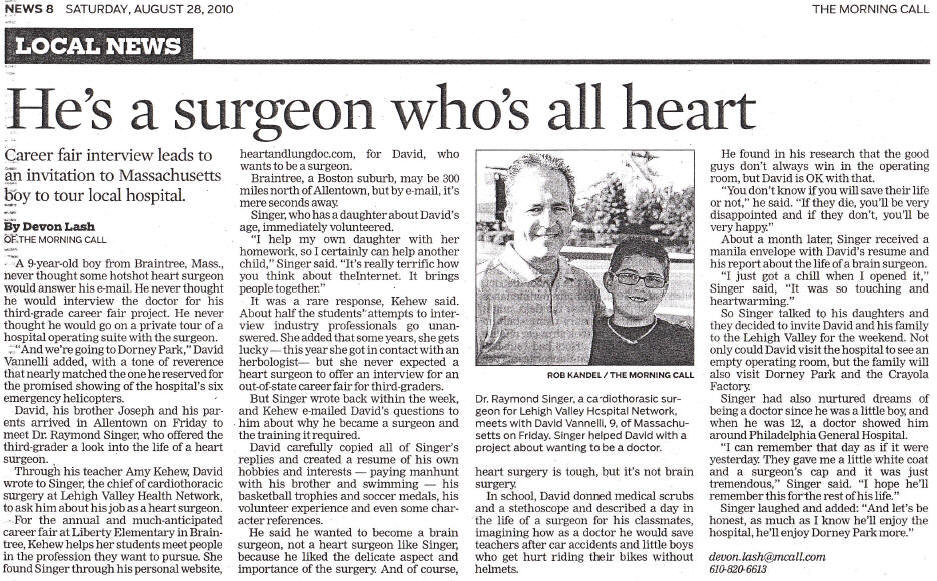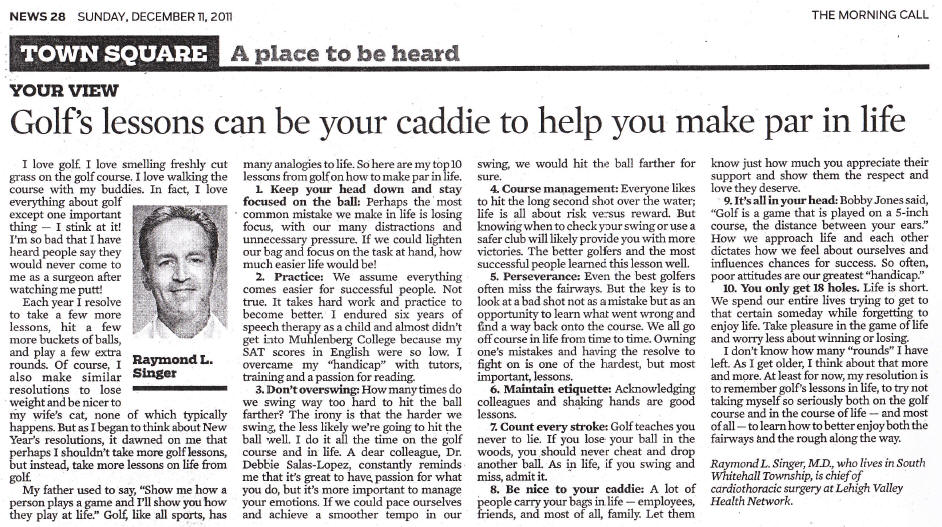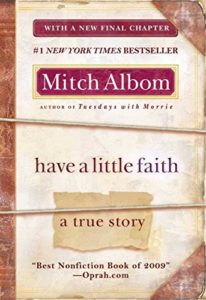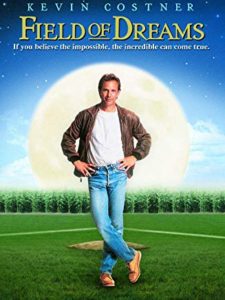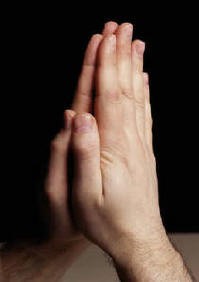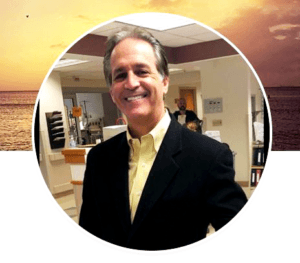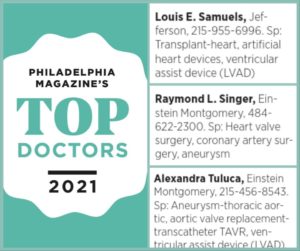Below you can toggle the questions to learn a little more about me!
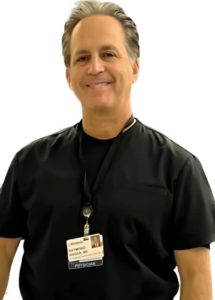
Dr. Singer – 2023
Professional Life
Q1: What Made You Enter The Field Of Medicine?
A: As far as I can remember I always wanted to be a doctor. There are reels of 8 mm silent home movies from the early 1960’s showing me examining everyone in my family with my toy plastic doctor’s bag.
I was also influenced by television shows such as Ben Casey, Dr. Kildare, and Marcus Welby. (Not actually Marcus Welby, but his associate who drove the motorcycle!
I later became a volunteer at Abington Memorial Hospital when I was 15 years old and continued doing volunteer work through high school and college. In my senior year at Cheltenham High School, I did a year-long work-study project in radiology at Abington Memorial Hospital.
By the time I went to medical school I already had exposure to almost every part of the hospital, including the operating room, emergency room, radiology and so on — and I loved it. The sciences came easy to me in college and the rest is history!
Q2: Why Did You Choose This Particular Specialty?
A: When I was in junior and senior high school I played a lot of sports and unfortunately managed to break a bone or two every other year. As a result, when I was young I first thought I wanted to become an orthopedic surgeon.
However, I (somewhat unexpectedly) got accepted to the University of Pennsylvania and turned down the offer at Penn State. (Please don’t confuse the University of Pennsylvania with Penn State. Both are wonderful schools, but they have nothing to do with each other. The University of Pennsylvania is a top Ivy League school and Penn State is an excellent State school). When it came to to apply to medical school, I thought I would become a family doctor and so I became interested in the new medical school at Penn State in Hershey, Pennsylvania. I pictured myself living in the country, marrying a girl named Betty Lou, and being the town doctor.
It turns out that in 1980, the University of Pennsylvania did not have a family practice training program. They used to ship the students out to York, Pennsylvania if they wanted family practice experience. This, of course, was all before Managed Care. Now most universities have developed strong Family Practice training programs.
At Penn, I was exposed to many great names in surgery, many of whom became my mentors: Drs. Jonathan Rhoads, Alden Harken, Clyde Barker, to name a few. In addition, I found the surgical residents to be brilliant and dynamic (and a lot more fun than the somewhat snobby Penn medical residents). Most of all, I found surgery to be thrilling and human anatomy to be fascinating.
At Jefferson, the surgeons and the surgical residents were truly a special group. We worked incredible hours, often every other night on duty without any sleep. Everyone really pulled for each other. There was tremendous teaching, pride, and camaraderie at Jefferson.
I spent 8 wonderful years at Jefferson University Hospital. There are too many professors, residents, and nurses to thank. I was blessed to work with mentors like Drs. Francis Rosato, Herbert Cohn, Richard Edie, John Templeton, John Mannion, Fred Armenti, Anne Rosenberg, Michael Moritz… truly too many names to list here.
It’s also where I met my colleague and friend, Dr. Gary Szydlowski. Gary has perfect surgical judgment and skills. But he also has another great skill –he’s an outstanding assistant in the operating room. That’s also probably why he won the “Teacher of the Year Award” from his days at Allegheny General Hospital in Pittsburgh. As residents, Gary and I always hoped to work together someday. When we performed cases together in the operating room it was truly something special. Jefferson not only trained us well, but having been trained together, we have the same approach to surgery and we know each other’s moves as if it were our own.
Before I leave my discussion about Jefferson, I would be remiss not to mention Margaret Gavigan, RN, MSN, MBA. Margi and I met in 1984 when I was an Intern. A brilliant and special person who went on to have a magnificent career in healthcare. She’s currently the Senior Vice President and Chief Clinical Officer at Provena Health, a large Catholic health system in Illinois.
After all my surgical training, I still often wonder what it would have been like if I pursued my original dream of becoming a family doctor. In some ways, I like to think of myself as a surgeon on the outside and a family doctor on the inside. That’s not a bad combination!
Q3: What Is The Best Part About Being A Practicing Surgeon?
A: The best part of being a surgeon is the ability to intervene in a life threatening situation. There is no greater feeling than to reassure a patient that “everything is going to be ok” and then making it happen.
The other very satisfying part of being a surgeon is working with the OR team. I always enjoyed “team sports.” The camaraderie that exists between the surgeon, assistants, nurses, and the anesthetists is hard to describe. Everyone plays a critical role.
Q4: What Is The Most Difficult Part About Being A Practicing Surgeon?
A: The hours and the stress. More the hours. With experience the stress becomes less and less. You understand you can’t save everyone and that surgical outcomes are not always perfect. Still, there is nothing worse than having to tell a family that the surgery did not go well, or that there is a complication.
The hours however truly are hard. And, as your practice becomes more successful, your hours get worse. Keep in mind that surgeons don’t only do surgery. We also take care of patients everyday in the hospital who are recovering from their surgery and we see new and follow-up patients in the office every week. Plus, at any moment we can be called away for an emergency.
Now that I have children, the long hours have taken on new meaning. Obviously, I need to find time to be with them. It isn’t easy. The problem is that when you do a little more each day than everyone expects, soon everyone will expect more! Fortunately, I have excellent partners who also have great families. We work hard to help each other out so that we can all enjoy our families.
Q5: How Many Years Have You Practiced?
A: I
I joined the Panebianco-Yip Heart Surgeons in 1992 and made partner in 1996. In 1999, I joined The Heart Care Group along with my partner, Dr. Ted Phillips and my previous partner, Dr. Michael Sinclair. Dr. James Wu joined us in the Heart Care Group in August 2001. Dr. Gary Szydlowski joined us in January 2002. Gary and I trained together at Jefferson and planned many years ago to someday work together. Now, Gary serves as Associate Chief of the Division of Cardiothoracic Surgery at Lehigh Valley Hospital and Health Network and I am proud to serve as Chief with him.
In October of 2004, we formed a new practice known as the Lehigh Valley Heart and Lung Surgeons. Dr. Michael Szwerc joined our team in 2005 and Dr. Mehta joined our team in 2007. Dr. Misselbeck joined our team in 2011.
In 2019 I began to practice at Einstein Medical, partnering with two talented surgeons – Dr. Tuluca and Dr. Samuels. You can read more about them on the “My Partners” page of this site.
Q6: What Has Been Your Single Most Treasured Achievement, As Far As Medicine Goes?
A: There are many moments that I cherish and I could go on forever talking about each and every one of them. But I know that my most treasured achievement is simply being able to live every day the life my father had dreamed for me.
My father developed cancer while I was in medical school and then died soon after I entered practice. He guaranteed I would be successful, not only by all the gifts he gave me in life, but also by teaching me how patients suffer and how to care for them and their families. In short, because I witnessed his suffering, every patient is now my father, my family.
At times it was so real to me that my intensity was hard for others to accept. I’ve learned to control those emotions and still care for my patients as if they were my own family. I know it all sounds somewhat corny, but it’s real to me. There isn’t a day that I don’t think about my Dad. And now that I am a father, I truly know how he felt about his son.
Q7: Who Was And Is Your Role Model In Your Field And Why?
A: I’ve had several great role models. Here’s a list of some of the most notable:
In medical school I had the honor of being a student of Dr. Jonathan Rhoads, one of the most famous and respected surgeons in American medical history.
Dr. Jonathan Rhoads was well into his 90’s when he passed away. His legacy, however, will live on forever. Dr. John Rombeau (also one of my medical school professors) wrote a wonderful biography on the life of Jonathan Rhoads –worthwhile reading for any student of surgery. In the picture you can see Dr. Rhoads with Dr. Clyde Barker, both former Chairmen of the Department of Surgery at the Hospital of the University of Pennsylvania.
Dr. Barker became Chairman the year I graduated medical school at Penn. He has recently retired. Dr. Barker was one of the great academic surgeons of our time as well. I took this picture of them together at an American College of Surgeons Meeting a few years back.
Dr. Alden Harken is also one of the truly great academic surgeons and surgical teachers. Dr. Harken is the former Chairman of Surgery at Colorado University. He was also my first professor of cardiac surgery at the University of Pennsylvania. He left Penn the same year I graduated medical school and I often think the one mistake I made in my career was not following him to Colorado for my training. Dr. Harken and I are still close friends and I often call him still for advice.
Dr. Herbert Cohn was the Director of Residency Training at Jefferson University and was also a general thoracic surgeon. Dr. Cohn is a brilliant surgeon and is both technically and academically a perfectionist. He taught me how to operate and how to teach. When I completed my cardiothoracic training at Jefferson, I turned down an opportunity to be have an academic position as his associate, a decision to this day I often wonder if I made that right decision as well.
Below is a picture of me with Dr Cohn. On May 2, 2003, Dr. Cohn organized a conference honoring the memory of one of the great surgeons of the past century, Dr. John H. Gibbon, Jr., marking the 50th anniversary of Dr. Gibbon’s development of the heart-lung machine. It was a once in a lifetime experience to hear the stories of the birth of heart surgery from the pioneers themselves.
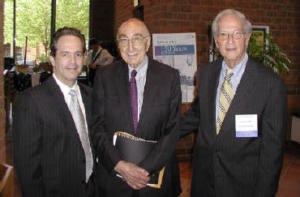
Dr. Michael DeBakey (center) and Dr. Herbert Cohn (right)
Dr. Francis Rosato was the Chairman of Surgery at Jefferson Medical College during the years of my residency at fellowship. Dr. Rosato is clearly the nicest Chairman whoever led a department of surgery. An excellent surgeon and teacher, but most of all, a perfect gentleman.
Dr. Francis Rosato (left) and Dr. Jonathan Rhoads at a Penn reception at the American College of Surgeons meeting in Chicago in 2000
Sadly, Dr. Rosato passed away in 2007. Dr. Rosato’s brother, Dr. Ernest Rosato, was my advisor at Penn Medical School and was actually the person who recommended that I train under Frank. In early 2012, Dr. Ernest Rosato passed away as well. Two great brothers, great surgeons, teachers, and gentlemen will be greatly missed by the hundreds of young men and women who they trained.
Dr. Richard Edie was my professor of cardiac surgery and the director of my cardiothoracic fellowship at Jefferson. Dr. Edie matured my skills, but more importantly taught me judgment. When I evaluate a patient I often think of how Dr. Edie would approach the case. He taught me to “do what you need to do in the operating room and get out… no more, no less.” He yelled a lot of other philosophy into me, but I don’t think it would be appropriate to say those words here!
The truth is, Dr. Edie care about the men and women he trained. He was a magnificent surgeon and I am grateful for all that he has taught me. I wouldn’t have the success I enjoy today without his teaching and advice.
No one handles tissues more gently or more skillfully than Dr. Panebianco. Plus, both Dr. Panebianco and Dr. Yip had learned so many tricks of the trade since they essentially had begun doing cardiac surgery while the field was still in its infancy. I credit much of my success in practice to Dr. Panebianco and Dr. Yip.
Dr. Antonio Panebianco and Dr. Luke Yip took me under their wings when I came to Allentown. Dr. Panebianco was recovering from surgery and was not working as a primary surgeon at the time, but continued to practice as an assistant. Dr. Yip was also semi-retired and also continued as an assistant surgeon. It was as if my first five years here were a continuation of my training. The was very fortunate for me, to begin my practice with these two amazing men assisting me in the operating room.
Dr. Christian Gilbert was at the Geisinger Medical Center in Danville, Pennsylvania for most of his career. Dr. Gilbert is perhaps the finest heart surgeon I have ever met. When my former practice broke up I came very close to accepting a position with Dr. Gilbert at Geisinger, another decision that I often still lose sleep over. Dr. Gilbert taught me how to do homograft aortic valve surgery (replacing the aortic valve with another human aortic valve) and in general has been a terrific colleague and friend.
Dr. Gilbert moved to Tennessee and became the Chief of Pediatric Cardiac Surgery at LeBonheur Children’s Hospital in Memphis. Pediatric cardiac surgery was always Dr. Gilbert’s first love. Dr. Gilbert has faced many challenges in his life and I will always be grateful for the lessons he taught me both in the operating room and about life in general.
Finally, there is Dr. Larry Kaiser, former Chairman of Surgery at the University of Pennsylvania. Behind the scenes, Dr. Kaiser has been my personal advisor both for surgery and for my practice. Dr. Kaiser is one of the most well-known currently practicing general thoracic (meaning lung and chest) surgeons in the world and I am very fortunate to have him as a close colleague and friend.
Above is a picture of Dr. Kaiser during one of his visits to Lehigh Valley Hospital as a speaker for my Annual Heart and Lung Surgery Symposium. After serving as President of the University of Texas Health Science in Houston from 2008-2011, Dr. Kaiser has returned to Philadelphia as the Dean of Temple University Medical School and the President/CEO of Temple’s Health System.
Although my list of mentors may seem long, the truth is that in medicine we are influenced by all of our teachers –both good and bad. I have been fortunate to have had many great professors, colleagues, and friends as mentors, advisors, and teachers.
Q8: What Is Your Personal Philosophy As Far As The Practice Of Medicine Goes?
A: Treat every patient and family as if they are your own. That’s all there is to it. If you truly incorporate this into your being, then success will come easily. My approach to care is also simple –transparency, accountability, and collaboration. You must always tell the truth, be held accountable for your actions, and be a team-player.
Q9: What drew you to Einstein Hospital?
A: I grew up down here. I went to Cheltenham High School and my wife went to Plymouth-Whitemarsh. So, this is home for us. Einstein is an extraordinary place with excellent care. I’m particularly drawn to Einstein Montgomery, where there is a feeling of warmth and caring, along with state-of-the-art technology and highly trained and experienced doctors and nurses. I feel that Einstein Montgomery is a real gem and I’m thrilled to be home and to be able to make a difference in that community where I grew up. My dream is that in only a short time, the good people of our community will ask a simple question, “Why would I go anywhere else for my care than Einstein Montgomery?”
This Site
Q10: What made you want to build this site?
A: More and more patients and families are becoming familiar with the Internet. And today, people want to know as much as they can about their doctors. It’s very difficult to know your doctor from just a few meetings, so I thought I would create a site that would allow patients and families to learn much more about me and my practice. Plus, it’s fun!
Q11: What is the purpose of this site?
A: I want patients and families to have an opportunity to learn more about me and my practice. Patients are often reluctant to ask important questions about their doctors. This site hopefully will provide the answers to those questions.
In the Spring of 2010 I received an email from a third-grade teacher in Massachusetts. She was having a “career day” for her class and one of the boys wanted to be heart surgeon when he grows up. The teacher found my website on Google and wondered if I would answer his questions. Of course I was delighted to do so. Below you can see the touching story of how I met up with this boy and his family. The story was written by Devon Lash, health reporter for The Morning Call Newspaper: Fun Facts.
Q12: What is the role of Social Media for You?
A: It means so much that I can reach out to patients and colleagues using social media platforms. You can view my Q&A video on the topic via the following links:
- Dedicated HVS Article Page
- Dedicated HVS Video Page
- HVS Learning Center
- HVS Home Page (scroll down to “Discover Adam’s Blog” section)
- HVS YouTube Channel
- HVS Facebook Page (Facebook login required)
Personal Life
Q13: When you were little, what did you want to be when you grew up?
A: As I said above, I always wanted to be a doctor. I never wanted to be fireman! However, my other dream was to be an entertainer! I sang and played keyboard in several rock and roll bands and performed in several school shows. It’s hard to believe but I played Don Quixote in Man of La Mancha and Conrad Birdie in Bye Bye Birdie. I also was a disc jockey for four years at WMUH in Allentown playing 50’s and 60’s music every Sunday night: “Little Ray and the Sunday Night Hall of Fame!” I’m still a ham on stage. Everyone knows I love a microphone!
Q14: Who Were Some Of Your Role Models When You Were Small?
A: My biggest role model was my father. As a first-generation American, he survived the Great Depression and fought bravely as a Marine in the Pacific during World War II. My father never finished high school, but he remains the smartest man I ever knew.
My father worked his whole life to give his children the opportunities he never had. He never went on vacation without his kids. We almost never had baby sitters. Instead, both my mother and father spent all of their free time with my sister and me. They took us to fine restaurants, theater, and sporting events.
He was also the strongest man I ever knew. He was a feared boxer (prize fighter) and Marine sergeant, and then became a self-made businessman. He worked the tough trade of being a so-called “business broker” (as opposed to being a real estate broker), dealing with bars, nightclubs, beer distributors and liquor stores. He often worked 20 hours a day, sometimes round-the-clock. My father was an honest man in a tainted field. My father often said that the mob was easier to deal with than the crooked cops and politicians. They all respected my father, though. He was honest and fair, but he wasn’t afraid of anyone or anything –and it showed. (Did I mention that no one picked on me when I was a kid!) My fondest memories of my father, however, is simply sitting out back of our home and having long talks about life.
He was my greatest teacher and friend, and I still miss him so.
Q15: What Are Some Of Your Hobbies And Why Those Particular Hobbies?
A: My favorite hobby is playing piano and singing. I’ve played the piano since I was very young, and I’ve enjoyed theater and playing keyboard and singing in bands. My favorite role in a play was Don Quixote in The Man of La Mancha. I also helped pay my way through college and medical school working as a disc jockey.
I’ve always enjoyed photography and as you can see from the web site, I enjoy digital photography and web design. I play the piano. I have an original Chickering baby grand in my study at home. I also have a Yamaha electric keyboard in my study that comes with headphones so I can play all hours of the night without waking my family. It’s a great release!
I enjoy golf, but it takes up a lot of free time. And, if you want to be any good at golf you need a lot of time to practice. But golf is one of the few sports that combines the beauty of the outdoors with the challenge of precision athletics. Plus, it is the one sport you can play your entire life, even in your 80’s. The problem with golf is that it is the worst sport for a perfectionist to take up late in life. I haven’t thrown any clubs yet, but my golf buddy Mike Fisher gets on my case for complaining about my missed shots. Many people have said they would never go to me as a surgeon after watching me putt!
Here’s nice essay I wrote “linking” golf to life!
Q16: Are You A Collector Of Sorts?
A: I collect music from the 50’s and 60’s. I have over 1500 “45’s” (remember “45’s?”) and an original Rock-Ola Juke Box from 1960. Other than that, I’m just collecting a lot of memories.
Q17: What time-era do you find most intriguing?
Sadly, this Greatest Generation is leaving us. I lost my mother in 2018. She, like my father, served in World War II in the Navy. I’ve never served, but I am very proud to have a Marine father and a Navy mom.
Q18:Do you have a favorite book?
A: I’ve always enjoyed reading Dr. Wayne Dyer’s books and listening to his lectures on health and wellness. Two additional books that have great meaning to me are Tom Brokaw’s The Greatest Generation and Mitch Albom’s Have a Little Faith.
Q19:Do you have a favorite movie?
A: No doubt, it’s Field of Dreams. For one thing, it was the first date I had with my wife, and I’m also a big baseball fan. I can remember my father taking me to Connie Mack Stadium as a boy. My two daughters now love going to Phillies games with me. I think it’s a good sign that I’ve moved back to Philadelphia the same year it looks like the Phillies could go all the way back to the World Series!
